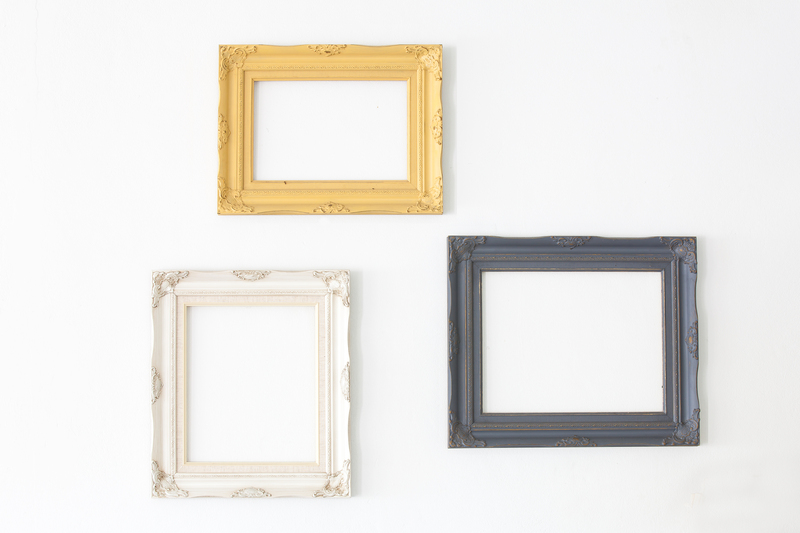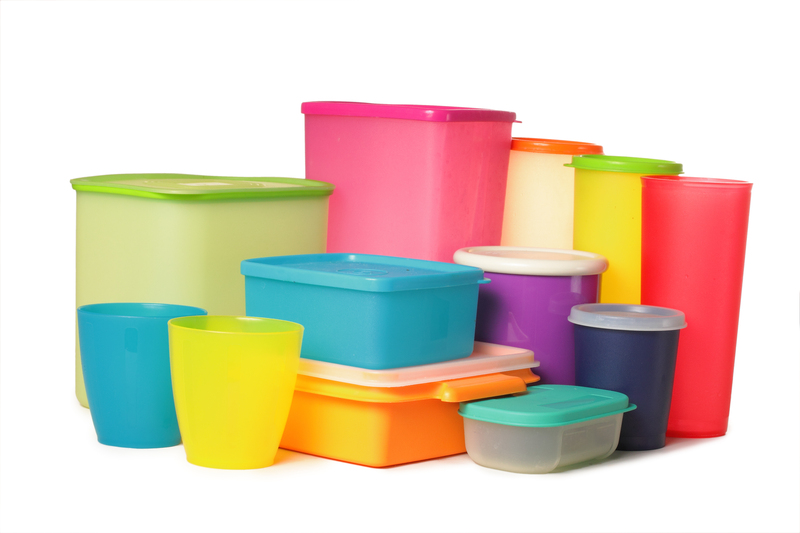Simplified Solutions for Plant Pot Disposal: A Comprehensive Guide
Are your gardening projects leaving you with a collection of unused plastic pots, ceramic planters, or biodegradable containers? Figuring out how to dispose of plant pots responsibly can be confusing. This article provides simplified solutions for plant pot disposal--eco-friendly, practical, and easy to implement!

Understanding the Need for Plant Pot Disposal
Gardening contributes to greener environments, but it also generates waste in the form of damaged or unwanted containers. Plant pots come in a variety of materials:
- Plastic (the most common type)
- Ceramic and clay
- Metal
- Biodegradable (peat, coir, or compostable fiber)
- Terracotta
Discarding these in the regular trash can harm the environment, especially plastics, which can take hundreds of years to break down. Choosing the right disposal method can reduce your carbon footprint and support a more sustainable planet.
Types of Plant Pots and Their Environmental Impact
Plastic Plant Pots
Plastic pots are light, cheap, and popular. But most are not accepted in curbside recycling because of their shape, size, and the type of plastic (often #5 polypropylene).
Ceramic and Terracotta Pots
Ceramic pots offer elegance but are not recyclable in conventional systems. Their production and shipping carbon footprint is relatively high.
Biodegradable Pots
Made from peat, coir, or recycled paper, these pots break down naturally if composted or left in the soil. They're the greenest option for disposable planters.
Metal and Decorative Containers
Metal pots can rust or break, but some are recyclable at scrap metal facilities. Painted or coated metals, however, may not be easily recycled.
Why Proper Plant Pot Disposal Is Essential
- Reduces landfill waste: Millions of plant pots end up in landfills every year.
- Protects wildlife and soil: Plastics degrade into microplastics, impacting ecosystems.
- Supports the circular economy: Recycling and upcycling keep materials in use longer.
- Minimizes production demand: Reusing plant pots lessens need for new materials.
Solutions for Disposing of Plant Pots
1. Reuse and Repurpose: The First and Easiest Step
Before tossing your old pots, consider giving them a new life:
- Seed starting: Small pots are ideal for germinating seeds or propagating cuttings.
- Organization: Use containers to store garden tools, craft supplies, or household odds and ends.
- Decorative uses: Paint and decorate old pots for patios, balconies, or gifts.
- Drip trays: Reuse cracked pots as trays under larger planters to catch excess water.
- Bird feeders: Transform unneeded plant pots into creative bird feeders or baths!
2. Donate Gently Used Pots
Many local community gardens, schools, or nonprofits gratefully accept reusable plant pots. Check with:
- Local garden clubs or horticulture societies
- Plant nurseries and garden centers (some have take-back programs)
- Online sharing platforms (Facebook Marketplace, Freecycle, Craigslist)
Tip: Clean your pots before donating! Remove soil, roots, and labels to prevent plant diseases.
3. Participate in Plant Pot Recycling Programs
Dedicated plant pot recycling programs are popping up across the globe. Some options include:
- Nursery and Garden Center Take-Back: Many large chain and independent nurseries collect clean plastic pots for recycling (examples include Lowe's and some local Home Depot stores).
- Local Council Recycling Events: Municipalities periodically organize garden waste or plastics recycling events--check your town or city's website.
- Specialized Plastic Pot Recycling: Some regions have dedicated hard plastics recycling facilities--call ahead to confirm if they accept plant containers.
Remember, most curbside recycling bins don't accept plant pots, especially if they're dirty, black, or made of #5 plastic. Check your local guidelines!
4. Compost or Bury Biodegradable Pots
Biodegradable plant pots are the simplest to dispose of. Here's how:
- Composting: Most fiber, peat, or coir pots can be shredded and added to home compost bins.
- Soil Integration: Many biodegradable pots are designed to be planted directly in the ground, decomposing naturally.
*If you're unsure about your pot's composition, check the packaging or manufacturer's info for disposal instructions.*
5. Break Up and Recycle Ceramics and Terracotta Responsibly
Ceramic and terracotta pots are not typically accepted in recycling bins, but they can still be disposed of wisely:
- Garden drainage: Break into small shards and place in the bottom of larger pots to aid drainage.
- Landscaping mulch: Use broken pieces as decorative mulch or stepping stone paths.
- Art and crafts: Terracotta shards can be used for mosaic projects or decorative borders.
If you have a large quantity or damaged ceramics, check if your local landfill or waste management facility has a construction materials recycling program.
6. Recycle Metal Pots at Scrap Yards
Metal plant containers, especially those made of aluminum or plain steel, can often be recycled at scrap metal yards. Tips for recycling metal plant pots:
- Remove all dirt, stickers, and attachments.
- Ask the yard if they accept painted or coated metals (some may not).
Don't mix certain treated metals with others; always follow the recycler's guidelines for sorting.
Creative Ways to Upcycle Old Plant Pots
Instead of disposing, transform your old plant pots into useful or decorative objects! Here are some fun ideas:
- Fairy gardens: Create whimsical miniature landscapes for children.
- Vertical planters: Stack or hang pots to build a green wall on balconies and fences.
- Outdoor lights: Place solar lamps inside upturned plastic pots to make quirky garden lights.
Get creative--upcycling turns trash into treasure, reducing the need for disposal!
Tips for Reducing Plant Pot Waste
The best solution for plant pot disposal is to generate less waste in the first place. Here's how gardeners can help:
- Choose biodegradable options: Use pots made from coir, peat, paper, or compressed manure for seed starting.
- Buy in bulk: Purchase plants with reusable trays or ask nurseries about take-back systems.
- Return and exchange: Some programs let customers return pots or swap them with other gardeners.
- DIY containers: Repurpose yogurt cups, egg cartons, or other household items for seedlings and cuttings.
- Support "potless" nurseries: Buy bare-root or wrapped plants that don't use traditional containers.
Challenges in Plant Pot Disposal
Despite the growing awareness, plant pot disposal still faces challenges:
- Contamination: Soil, labels, and roots left in pots can disrupt recycling processes.
- Lack of facilities: Many areas lack specialized programs for plant container recycling.
- Material confusion: Without clear markings, it's hard to know which pots can be recycled or composted.
Advocacy and education are key to encouraging more eco-friendly plant pot disposal solutions.

Frequently Asked Questions about Plant Pot Disposal
Can all plastic plant pots be recycled?
No, not all plastic plant pots are accepted in standard curbside recycling programs. Many are made from polypropylene (#5), which is often excluded. Clean, rigid pots may be accepted at garden centers or hard plastics recycling events.
How do I clean pots before disposal or donation?
Remove all soil and plant material. Soak in a solution of 1 part bleach to 9 parts water for 10 minutes to kill pathogens, then rinse and dry.
What should I do with broken plastic pots?
If they're too damaged to reuse, some recycling centers may accept hard plastics. Otherwise, upcycle or repurpose them in your garden, or see if nursery take-back programs can process them.
How do I tell if a pot is biodegradable?
Check the packaging or for markings on the pot. Biodegradable pots often feel like pressed fiber, cardboard, or coir and may have "compostable" labels.
Conclusion: Simplified, Sustainable Plant Pot Disposal
Taking responsibility for plant pot disposal is an easy way gardeners can support the environment. Whether you reuse, recycle, donate, compost, or upcycle, every action helps reduce waste and preserve natural resources.
Next time you finish a gardening project, remember these simplified solutions for plant pot disposal:
- Repurpose or reuse before tossing
- Seek out plant pot recycling or donation programs
- Choose biodegradable options whenever possible
- Educate others and advocate for more local recycling options
Every responsible action brings us closer to a more sustainable and beautiful world--one pot at a time!